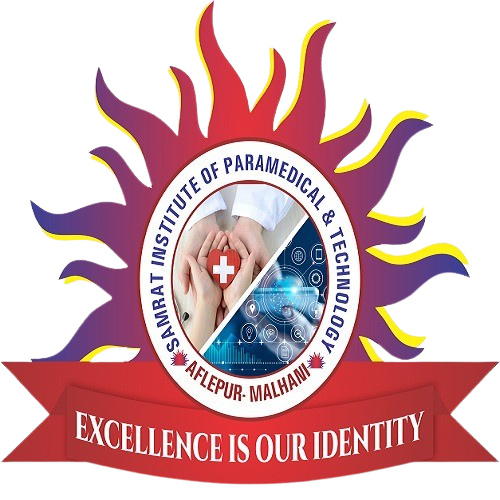Course DetailsHome / Courses Details
General Nursing and Midwifery
The General Nursing and Midwifery (GNM) course is a three-year diploma program designed to train students in the fundamentals of nursing and midwifery. The course aims to prepare competent nurses who can provide holistic care to individuals, families, and communities.
The GNM curriculum is divided into three years, covering a wide range of topics in nursing, midwifery, and related fields.
First Year:
- Anatomy and Physiology
- Microbiology
- Behavioral Sciences (Psychology and Sociology)
- Fundamentals of Nursing
- First Aid
- Community Health Nursing (CHN)
- Environmental Hygiene
Second Year:
- Medical-Surgical Nursing (Adult including Geriatrics) – I
- Pharmacology
- Medical-Surgical Nursing (Adult including Geriatrics) – II
- Mental Health and Psychiatric Nursing
- Computer Education
Third Year:
- Midwifery and Gynecological Nursing
- Community Health Nursing – II
- Pediatric Nursing
- Administration and Ward Management
- Health Education and Communication Skills
- Professional Trends and Adjustment
- Introduction to Research and Statistics
Internship (Six Months):
- Clinical rotations in various departments like Medicine, Surgery, Pediatrics, Community Health, Midwifery, and Psychiatry.
To be eligible for the GNM course, candidates typically need to meet the following criteria:
- Completion of 10+2 (Higher Secondary) with Science subjects (Physics, Chemistry, and Biology) and English.
- Minimum aggregate marks as specified by the institution, often around 40-50%.
- Age limit: Candidates should be between 17 and 35 years old.
- Some institutions may require an entrance examination or interview.
Students enrolled in the GNM course can access a variety of resources to aid their learning:
- Textbooks: Standard nursing textbooks covering the subjects in the curriculum.
- Online Resources: E-books, online journals, and databases like PubMed and CINAHL.
- Laboratories: Well-equipped labs for practical training in subjects like anatomy, physiology, microbiology, and nursing skills.
- Clinical Practice: Hands-on training in affiliated hospitals and healthcare settings.
- Workshops and Seminars: Regular workshops, seminars, and guest lectures by experienced professionals.
- Library: Access to a comprehensive library with books, journals, and other reference materials.
- Simulation Centers: Facilities equipped with mannequins and simulation technology for practical training in a controlled environment
